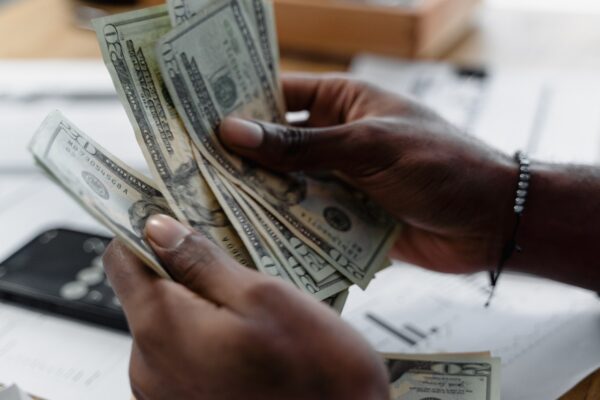The Federal Reserve has hiked interest rates by 0.75 percentage points. It’s the highest in 28 years.
On June 15, the Fed issued its largest hike since 1994 in an effort to tame the nation’s highest inflation in 40 years. Gasoline prices have hit new highs and food and housing costs are also on the increase.

So why did the Fed boost rates? Since the rate increase will make it more expensive to borrow money, there should be less demand for purchases that require borrowing, such as home buying. It should also curb people using credit cards. Still, say experts the hike will hit consumers in their wallets.
“The cost of borrowing is becoming more expensive, particularly for those with variable rate products,” Mark Hamrick, senior economic analyst at Bankrate, told CBS News. “Fortunately, on the other side of the rate equation, returns on savings will likely be improving, particularly for those who investigate more generous high-yield savings options.”
Chester Spatt, a professor of finance at Carnegie Mellon University’s Tepper School of Business, told CNBC, “The motivation for all of this is that prices are going up. The Fed is trying to fight that with higher interest rates to reduce demand.”
Here’s how your budget will be affected:
Overall Cost
“Every 0.25 percentage point increase in the Fed’s benchmark interest rate translates to an extra $25 a year in interest on $10,000 in debt,” CBS News reported.
So, this increase translates to an extra $75 of interest for every $10,000 in debt.
Credit Cards
Expect credit card rates, which are currently at 16.61 percent on average, to be closer to 19 percent by the end of the year, which would be a new record, Ted Rossman, a senior industry analyst at CreditCards.com, told CNBC.
If the APR on your credit card rises to 18.61 percent by the end of 2022, it will cost you another $832 in interest charges over the loan’s lifetime, assuming you made minimum payments on the average $5,525 balance, Rossman calculated.
Experts say it might be a good time to pay down high credit card balances, or consider a 0 percent balance transfer credit card or a low-interest personal loan, LendingTree credit expert Matt Schulz told CBS News.
Mortgage Rates
Mortgage rates, like with other loans, will go up. So homeowners with an adjustable-rate mortgage or home equity lines of credit might want to switch to a fixed rate, Spatt told CNBC.
Longer-term 15-year and 30-year mortgage rates are fixed and tied to Treasury yields and won’t be immediately impacted by the rate hike.
“Given that they’ve already gone up so dramatically, it’s difficult to say just how much higher mortgage rates will go by year’s end,” Jacob Channel, senior economic analyst at LendingTree, told CNBC.




